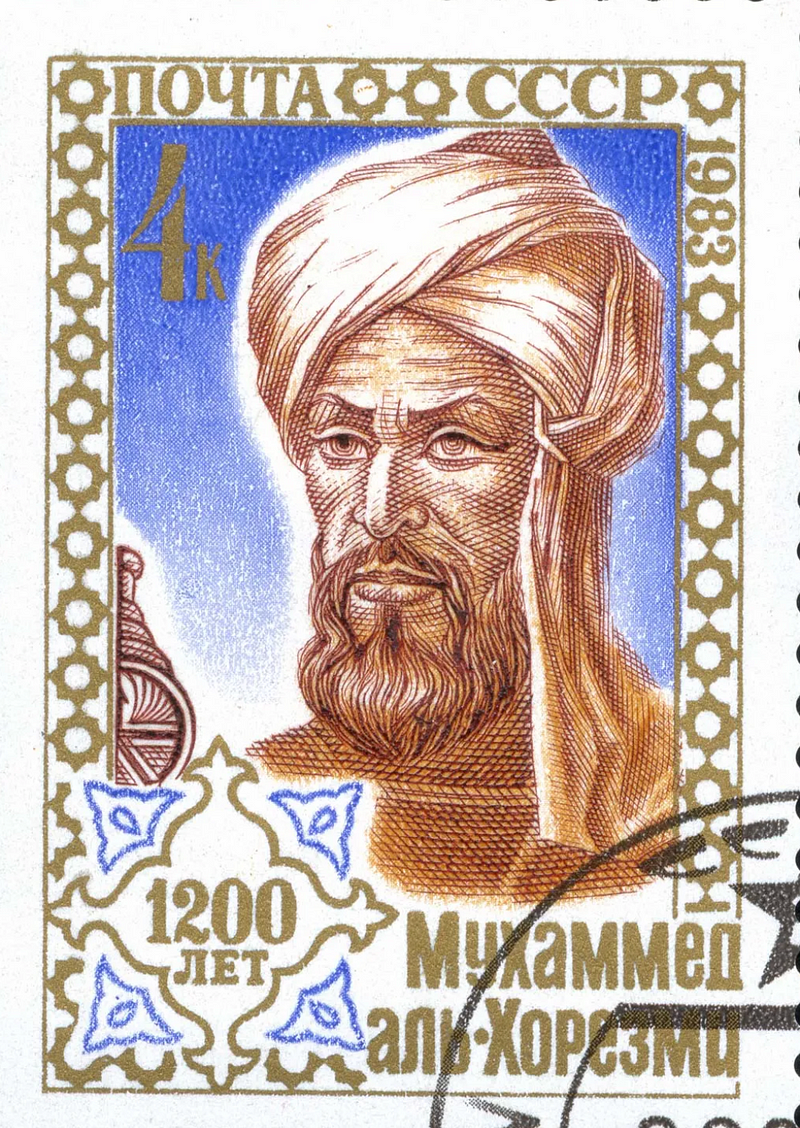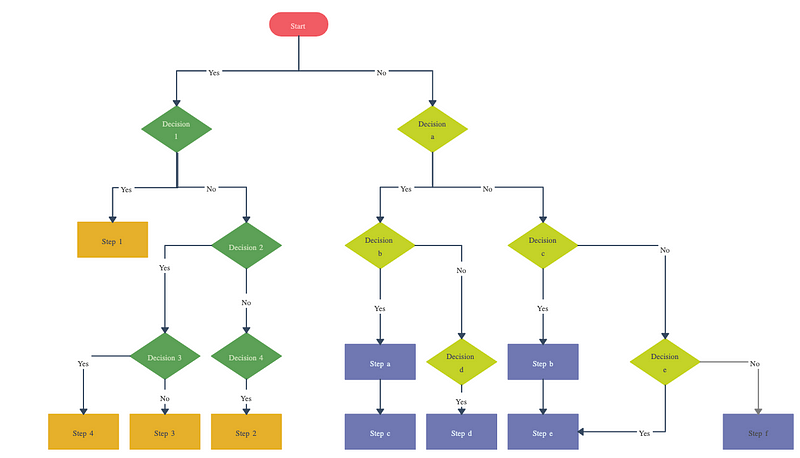Welcome to the Dystopia of our best Sci-Fi dreams!
- What is an Algorithm?
- How does it relate to Social Media Interaction?
- What are some Best Practices to Navigate It?
In a world where the more people who like, follow (a word I always found interesting for this context, but more on that another time), and idolize you directly affect your self-worth, social status, and daily lifestyle.

Photo by Oladimeji Ajegbile at Pexels
“But Aleia, it’s always been that way!”
To that, I say 3 things:
- Previously, these sorts of interactions were reserved for those of the “higher class,” People of Royal descent. Celebrities and those who have accomplished fame, etc. Currently, anyone with an internet-capable device can utilize these resources.
- The scope and scale have changed drastically. In the past, a person’s level of notoriety was generally small (at least to our modern standards). Famous in their city, maybe even their state, with a few being so famous to be known worldwide. With the development of the internet and the increase of globalization¹, a child in a small town in Idaho can be an internet sensation as far away as a major urban city in Taiwan.
- Just because something has ALWAYS been a certain way, doesn’t mean it should STAY that way.
It’s not all bad because the benefits are astronomical. Without them, I wouldn’t even be writing this to you on this platform. But just because we can praise the benefits doesn’t mean we can ignore the negatives either.
But that’s not what I’m here to talk to you about.
I’m here to talk about the Godlike reverence that we seem to have developed for Algorithms.

Photo by cotton bro at Pexels
We speak of “The Algorithm” like it is a living entity in our devices that will smite us down (or at least delete our socials).
We act as if it is something to be placated, tiptoed around, and provided offerings of content, commitment, and time.
“Behold the Almighty Algorithm, a snippet of computer code coming to stand for a Higher Authority in our secular age, a sort of god,”
says Christopher Lydon, former New York Times journalist and host of the Radio Open Source show.”
I’m pretty certain, though, that many don’t know what an “Algorithm” even is. Where the name come from. What it is defining.
Yes, things can change meaning over time but that’s not the case here.
What is an Algorithm?
It’s not Big Brother. It’s not a tech overlord or developer out to get you. It’s not SkyNet.
An algorithm, at it’s most fundamental, is a series of steps you take to make something happen.
Example:
When I took my first Python Coding class in college, our Professor had us start with writing out the steps to make a PB&J Sandwich. Later we turned those steps into PseudoCode and later, an actual program.
Those steps (1. gather ingredients, 2. lay out pieces of bread, 3. insert knife into jelly, etc.) are considered an Algorithm.
Algorithms did not start in the Digital Age.
They have been around since Persian times when a man named Muhammad ibn Mūsā al-Khwārizmī (ca. 780-ca.850), also a cofounder of the Quadratic Formula, began introducing Hindu-Arabic numeral systems to the West.

Even the word “Algebra” comes from the Arabic title of his first book, The Compendious Book on Calculation by Completion and Balancing. His name was ‘translated’ to Latin as Algorismus, which happens to be influenced by the Greek word for ‘number’ meaning aritmos (like arithmetic).
Basically Algorithms have been around long before the internet and social media. Some of the earliest are traced back as far as Ancient Babylon.
“There is definitely a sense in which algorithms are a sort of god. They are mostly held unaccountable, like god things happen, not because of human agency, but because they were decided by an algorithm, and the algorithm sits beyond the pale of responsibility……But there is also a sense in which algorithms are nothing like gods, although we often lose sight of it.” — Panos Louridas, “Algorithms”
How does it relate to Social Media Interaction?
“Serially Online” isn’t something I would consider myself, but I am definitely active on many platforms. Enough to see so many users complain of lack of interaction on their posts, often times blaming “The Algorithm.” Saying things like:
“The Algorithm hates me.”
“No one interacts with my content because I didn’t feed the Algorithm”
“I’m shadowbanned² because the Algorithm doesn’t want me to win”
Not realizing that the Algorithm they refer to is not a sentience or person who is watching them specifically. It is purely lines of code that act and react based on the steps and rules it was given. Simplest way to think of it is an if-then chart.

It takes in the information that the user gives, and follows the flow of steps based on its setup. At the end of the day, social media interaction is still mostly in the hands of the users.
What are some Best Practices to Navigate It?
What do you do then if there is no Technological God to leave tribute to for interaction?
Keep it simple. Rather than focusing on what’s not working, stick to what does.
- Stay consistent.
- Engage with others.
- Provide actual value.
- Don’t regurgitate what everyone else says.
- Bring awareness
I can’t tell you the answer for how to battle it. All you can do is inform yourself about the trends of the USERs on these platforms. What they are more likely to engage with, what times they are likely to be active, and generally how to use tools of the platform (image sizes, hashtags, etc) to maximize the system.
But blaming or praising a series of steps is not the way.
- Globalization is the word used to describe the growing interdependence of the world’s economies, cultures, and populations, brought about by cross-border trade in goods and services, technology, and flows of investment, people, and information.¹
- Shadowbanned is a term used to describe a lesser version of being banned on a platform. Your profile/page stays active, but you you visibility to other people is limited/lowered.
REFERENCES
- Kolb, M., & Trade and Investment Policy Watch Editor. (2022, October 24). What is globalization?. What Is Globalization? And How Has the Global Economy Shaped the United States? https://www.piie.com/microsites/globalization/what-is-globalization
- Louridas, P. (2020). Algorithms. The MIT Press.
- Britannica, The Editors of Encyclopaedia. “al-Khwārizmī”. Encyclopedia Britannica, 24 May. 2024, https://www.britannica.com/biography/al-Khwarizmi. Accessed 28 June 2024.
- Lum, Kristian. “What Is an ‘Algorithm’? It Depends Whom You Ask.” MIT Technology Review, MIT Technology Review, 26 Feb. 2021, www.technologyreview.com/2021/02/26/1020007/what-is-an-algorithm/.